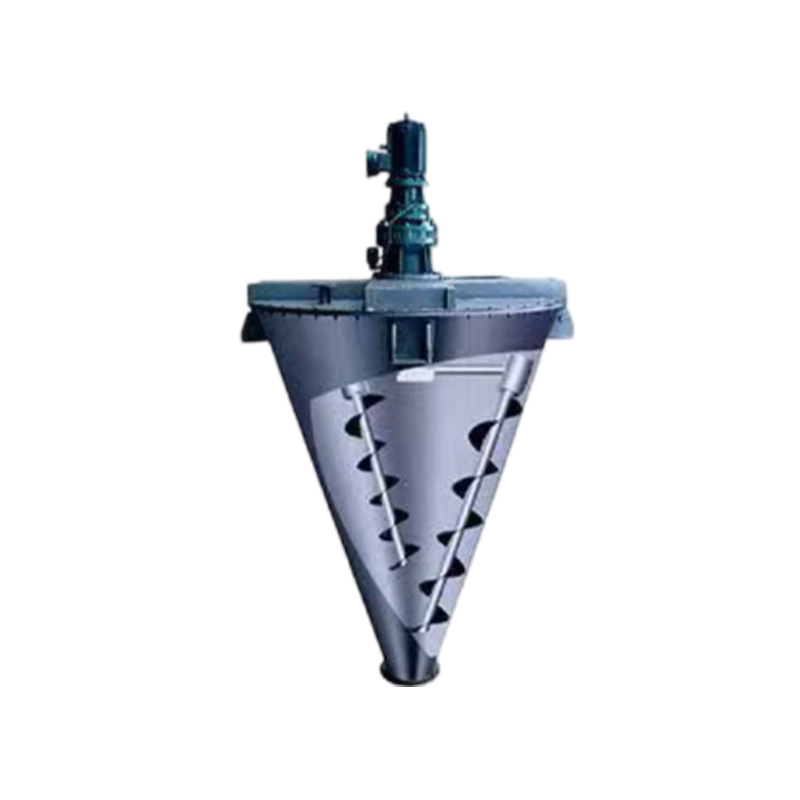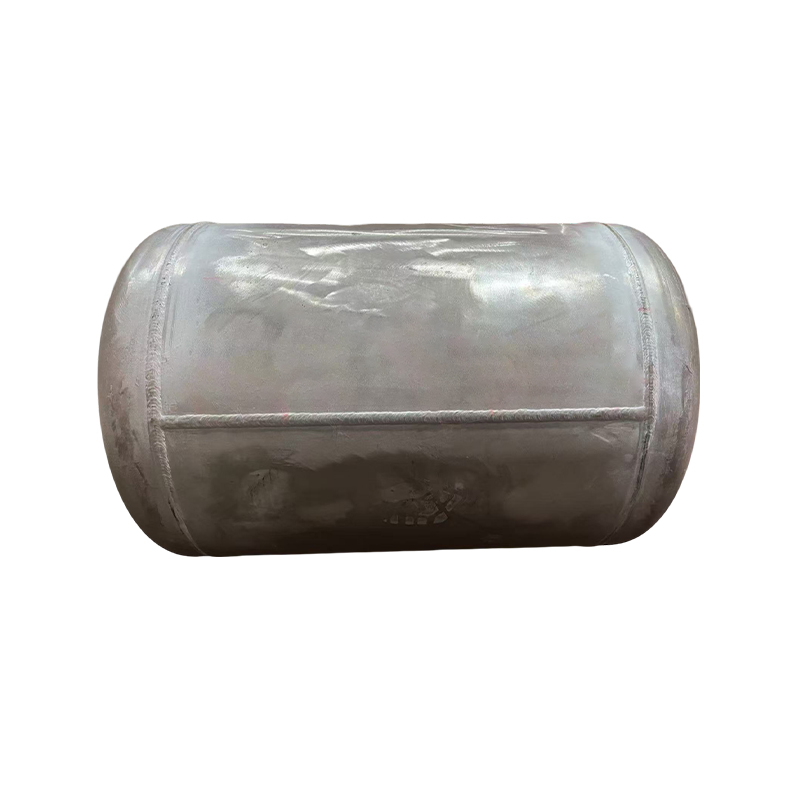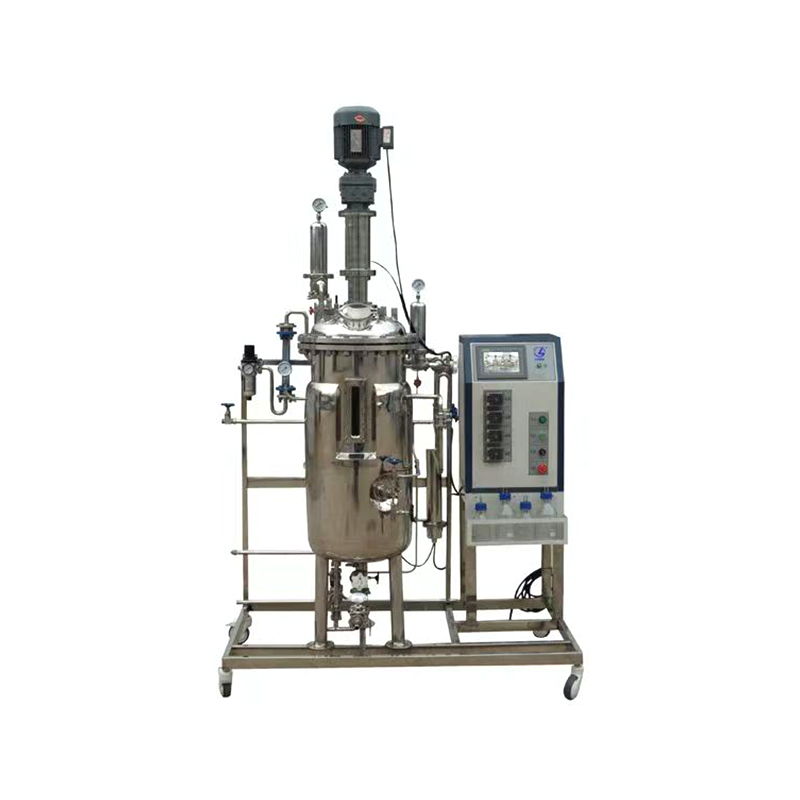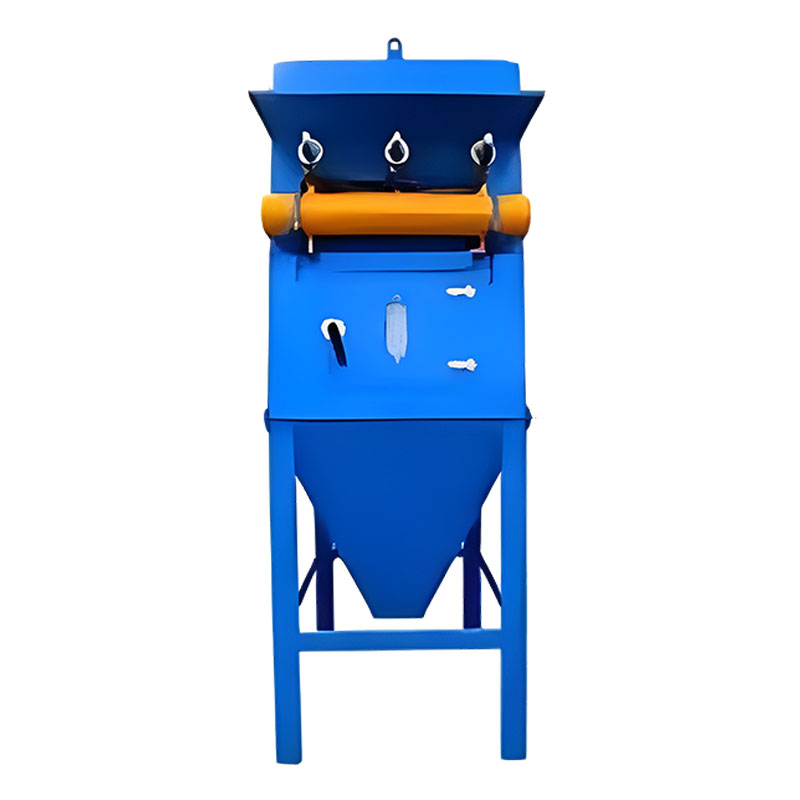How do aluminum cans achieve lightweight and strong multifunctional packaging?
Release Time : 2025-05-09
In modern industry and daily life, aluminum cans have become the leader among many packaging materials with their unique performance and wide application scenarios. As a container made of aluminum alloy, aluminum cans not only have physical advantages such as light weight, high strength, corrosion resistance, and good sealing, but also have good thermal conductivity and environmental protection characteristics. It has been widely used in many fields such as food packaging, beverage storage, pharmaceutical packaging, and chemical product transportation.
First of all, one of the most notable features of aluminum cans is its "lightweight and high-strength" property. The density of aluminum alloy is much lower than that of traditional metal materials such as steel and iron, but it still maintains excellent structural strength. This allows aluminum cans to greatly reduce their own weight while ensuring load-bearing capacity and pressure resistance, making it easy to transport and carry. Especially in the beverage industry, such as the packaging of carbonated beverages, beer, energy drinks, etc., the lightweight design of aluminum cans greatly improves logistics efficiency and reduces energy consumption during transportation.
Secondly, aluminum cans have excellent corrosion resistance. Since aluminum quickly forms a dense oxide film in the air, it can effectively prevent further oxidation or chemical erosion, so it is very suitable for containing liquids, acidic or alkaline substances. This feature makes it particularly important in the fields of chemical, pharmaceutical, food, etc. For example, in the food industry, aluminum cans can safely store perishable products such as juice, milk powder, and condiments; and in chemical transportation, aluminum cans are also often used to load various solvents, lubricants and detergents to ensure the safety and stability of the contents.
In addition, aluminum cans have excellent sealing properties and can effectively isolate external air, moisture and light, thereby extending the shelf life of the product and maintaining its original flavor. Especially in beverage packaging, aluminum cans can not only effectively prevent carbon dioxide leakage and maintain the taste of the beverage, but also block the influence of ultraviolet rays on the contents and protect the nutrients from being destroyed. This highly sealed feature also makes aluminum cans an ideal choice for packaging medicines and high-end health products.
From an environmental perspective, aluminum cans have the advantage of being recyclable. Compared with plastic or other disposable packaging materials, the recycling rate of aluminum cans is extremely high, and the energy consumption of recycled aluminum is only about 5% of that of primary aluminum production, which greatly reduces resource waste and environmental pollution. With the deepening of the global concept of sustainable development, the status of aluminum cans as a green packaging material has become increasingly prominent.
Not only that, the processing performance of aluminum cans is also very superior. Aluminum alloy is easy to form, and cans of different shapes and specifications can be manufactured through various processes such as stamping, stretching, and crimping to meet the diverse product packaging needs. At the same time, the surface treatment technology of aluminum cans is mature, and exquisite appearance design can be achieved through spraying, printing, etc., to enhance brand recognition and market competitiveness.
In summary, aluminum cans have become an indispensable and important part of the modern packaging industry with its multiple advantages such as lightness, durability, strong sealing, corrosion resistance, and green environmental protection. Whether in fast-moving consumer goods, medical health or industrial manufacturing, aluminum cans have demonstrated strong adaptability and application value. In the future, with the advancement of material technology and the improvement of environmental protection requirements, aluminum cans will surely play an important role in more emerging fields and provide more efficient, safe and sustainable packaging solutions for the development of human society.
First of all, one of the most notable features of aluminum cans is its "lightweight and high-strength" property. The density of aluminum alloy is much lower than that of traditional metal materials such as steel and iron, but it still maintains excellent structural strength. This allows aluminum cans to greatly reduce their own weight while ensuring load-bearing capacity and pressure resistance, making it easy to transport and carry. Especially in the beverage industry, such as the packaging of carbonated beverages, beer, energy drinks, etc., the lightweight design of aluminum cans greatly improves logistics efficiency and reduces energy consumption during transportation.
Secondly, aluminum cans have excellent corrosion resistance. Since aluminum quickly forms a dense oxide film in the air, it can effectively prevent further oxidation or chemical erosion, so it is very suitable for containing liquids, acidic or alkaline substances. This feature makes it particularly important in the fields of chemical, pharmaceutical, food, etc. For example, in the food industry, aluminum cans can safely store perishable products such as juice, milk powder, and condiments; and in chemical transportation, aluminum cans are also often used to load various solvents, lubricants and detergents to ensure the safety and stability of the contents.
In addition, aluminum cans have excellent sealing properties and can effectively isolate external air, moisture and light, thereby extending the shelf life of the product and maintaining its original flavor. Especially in beverage packaging, aluminum cans can not only effectively prevent carbon dioxide leakage and maintain the taste of the beverage, but also block the influence of ultraviolet rays on the contents and protect the nutrients from being destroyed. This highly sealed feature also makes aluminum cans an ideal choice for packaging medicines and high-end health products.
From an environmental perspective, aluminum cans have the advantage of being recyclable. Compared with plastic or other disposable packaging materials, the recycling rate of aluminum cans is extremely high, and the energy consumption of recycled aluminum is only about 5% of that of primary aluminum production, which greatly reduces resource waste and environmental pollution. With the deepening of the global concept of sustainable development, the status of aluminum cans as a green packaging material has become increasingly prominent.
Not only that, the processing performance of aluminum cans is also very superior. Aluminum alloy is easy to form, and cans of different shapes and specifications can be manufactured through various processes such as stamping, stretching, and crimping to meet the diverse product packaging needs. At the same time, the surface treatment technology of aluminum cans is mature, and exquisite appearance design can be achieved through spraying, printing, etc., to enhance brand recognition and market competitiveness.
In summary, aluminum cans have become an indispensable and important part of the modern packaging industry with its multiple advantages such as lightness, durability, strong sealing, corrosion resistance, and green environmental protection. Whether in fast-moving consumer goods, medical health or industrial manufacturing, aluminum cans have demonstrated strong adaptability and application value. In the future, with the advancement of material technology and the improvement of environmental protection requirements, aluminum cans will surely play an important role in more emerging fields and provide more efficient, safe and sustainable packaging solutions for the development of human society.







